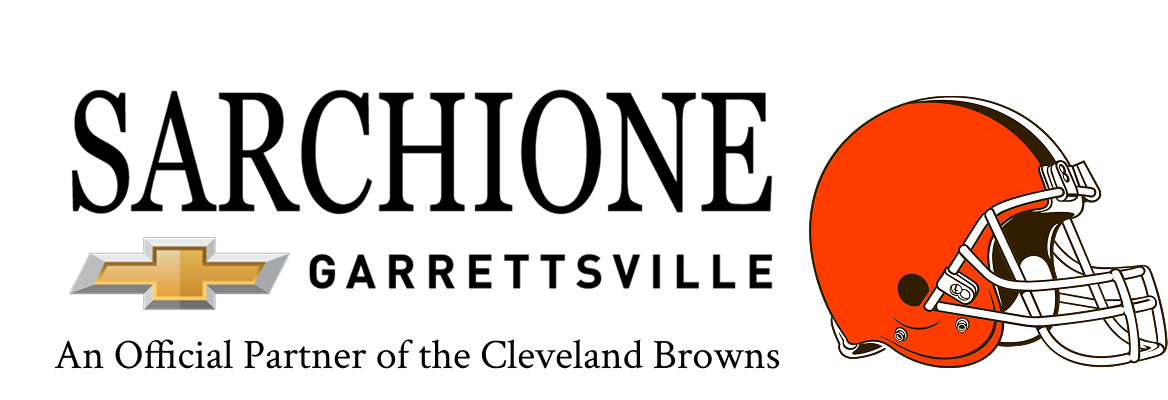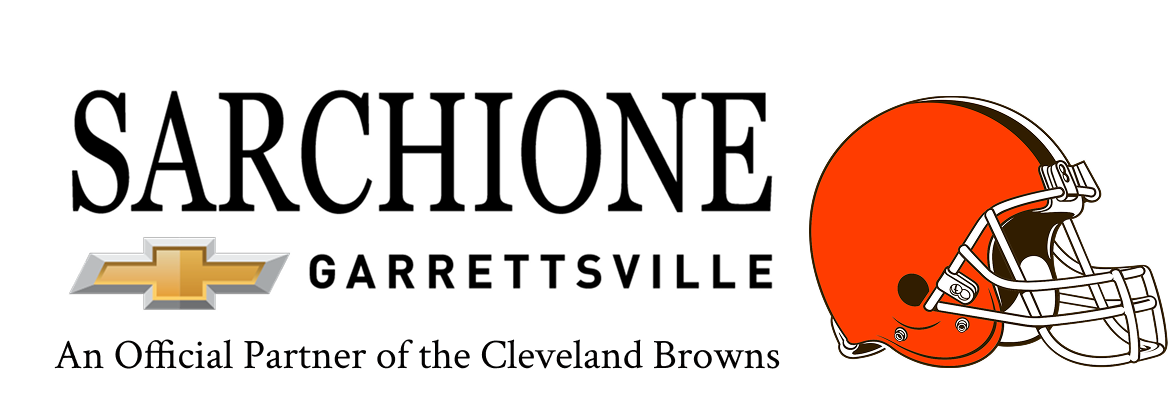Chevrolet vehicles are known for their reliability and performance. However, like any complex system, they can experience electrical issues over time. Addressing common Chevy electrical issues early can prevent more significant problems down the road.
Be it a malfunctioning alternator or issues with the wiring, recognizing these symptoms can save you from costly repairs and disruptions in your daily driving experience. In this article, we will explore some of the most frequent electrical issues that Chevy owners may encounter.
Alternator Problems
One of the most common electrical issues in Chevy vehicles is a malfunctioning alternator. The alternator is responsible for charging the vehicle's battery while the engine runs, providing the electrical power necessary to keep your car’s systems functioning. When the alternator starts to fail, the battery can quickly lose its charge, causing several problems.
Symptoms of an alternator issue can include dimming headlights, difficulty starting the vehicle, or the battery light illuminating on the dashboard. If not addressed, a failing alternator can leave you stranded with a dead battery and a car that won’t start.
Faulty Battery Connections
Another common electrical issue in Chevys is a loose or corroded battery connection. If the battery terminals are dirty or the cables are loose, it can cause intermittent electrical problems that are difficult to pinpoint. Inconsistent power delivery can affect various systems in the vehicle, such as the lights, radio, or dashboard electronics.
Over time, corrosion can build up around the battery terminals, causing poor conductivity and preventing the battery from charging properly. If you notice any signs of electrical issues or find that your vehicle has trouble starting, it’s worth checking the battery connections for cleanliness and tightness.
Malfunctioning Starter Motor
The starter motor is another key component of the electrical system. When you turn the key or press the start button, the starter motor is responsible for cranking the engine and getting it to fire up. A malfunctioning starter motor can cause the vehicle to fail to start or make a clicking sound when you try to start the engine.
Common signs of starter motor issues include an engine that won’t turn over or a persistent clicking sound coming from under the hood when you attempt to start the car. If the starter motor is the culprit, it may need to be repaired or replaced to restore the vehicle’s functionality.
Blown Fuses
Fuses protect electrical circuits by preventing an overload of power, and like all components, they can burn out over time. In a Chevy, a blown fuse can cause specific electrical features to stop working. For example, a blown fuse could result in non-functional lights, radios, power windows, or other electrical features.
If one particular electrical component is not working, it may be due to a blown fuse, and checking the fuse box can quickly identify the problem. While replacing a fuse is usually straightforward, it’s important to address the underlying cause of the overload to prevent the fuse from blowing again.
Electrical Short Circuits
Electrical short circuits occur when wiring becomes damaged or exposed, causing a direct connection between two points that shouldn’t touch. This can lead to a loss of power in certain systems, malfunctioning lights, or even more severe issues like smoke or burning odors from electrical components.
Electrical short circuits can be dangerous and should be addressed immediately by a professional mechanic or electrician. Damaged wiring should be repaired, and components should be replaced to restore the vehicle’s electrical system to proper working order.
Issues with the ECU
The Engine Control Unit (ECU) is responsible for managing various electronic systems in your vehicle, such as fuel injection, ignition timing, and emission controls. A malfunctioning ECU can cause a range of problems, including poor engine performance, erratic idle, or difficulty starting.
If your Chevy is experiencing irregular engine behavior, such as misfires or sluggish acceleration, the ECU may be the root cause. A diagnostic check is typically required to determine if the ECU needs repair or replacement.
Chevy electrical issues can stem from a variety of sources, ranging from alternator failure to wiring problems. While some of these issues are more easily identified, others may require support from professional Chevy vehicle services.
If you notice signs such as dimming lights, difficulty starting, or electrical malfunctions in your vehicle, addressing them early can prevent more extensive damage. Regular maintenance and professional inspections are key to keeping your Chevy’s electrical system in optimal condition and guaranteeing a reliable driving experience.


